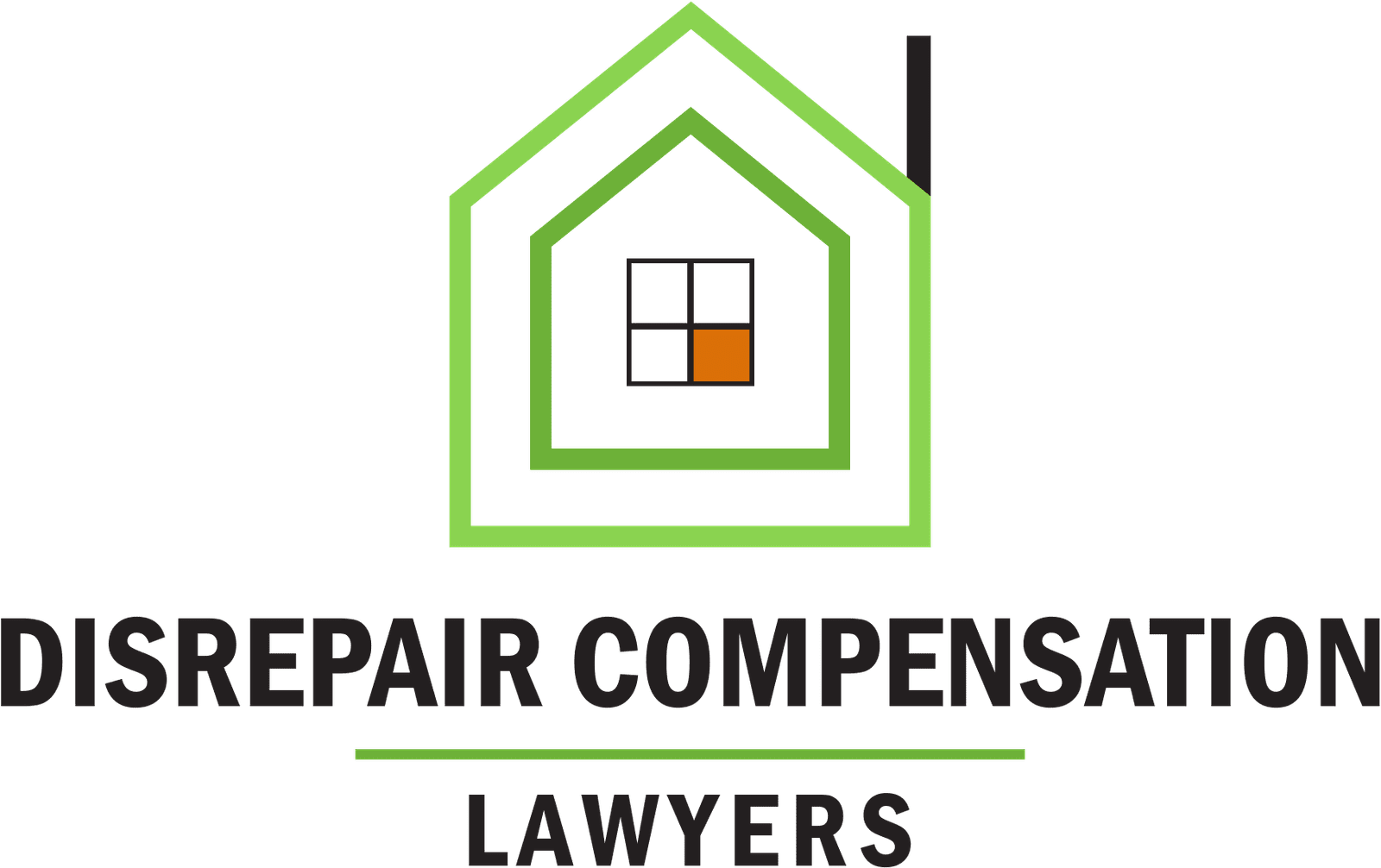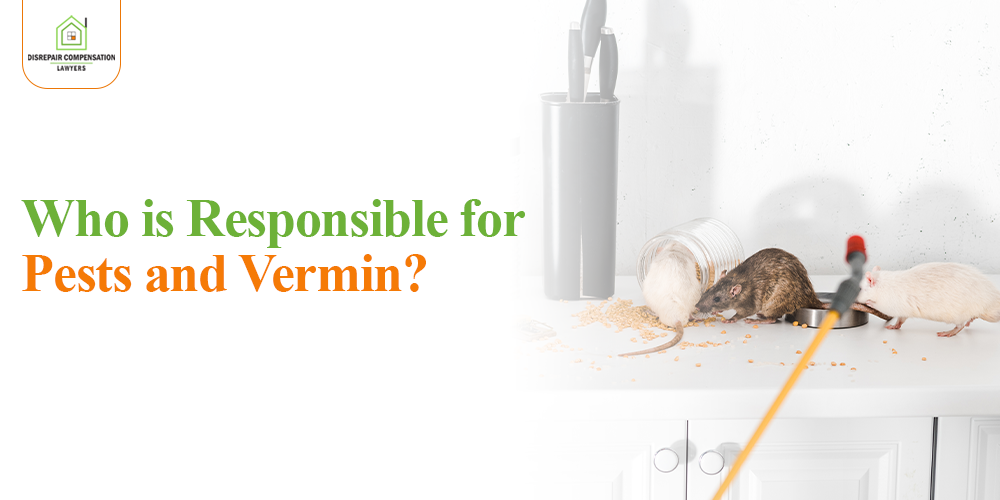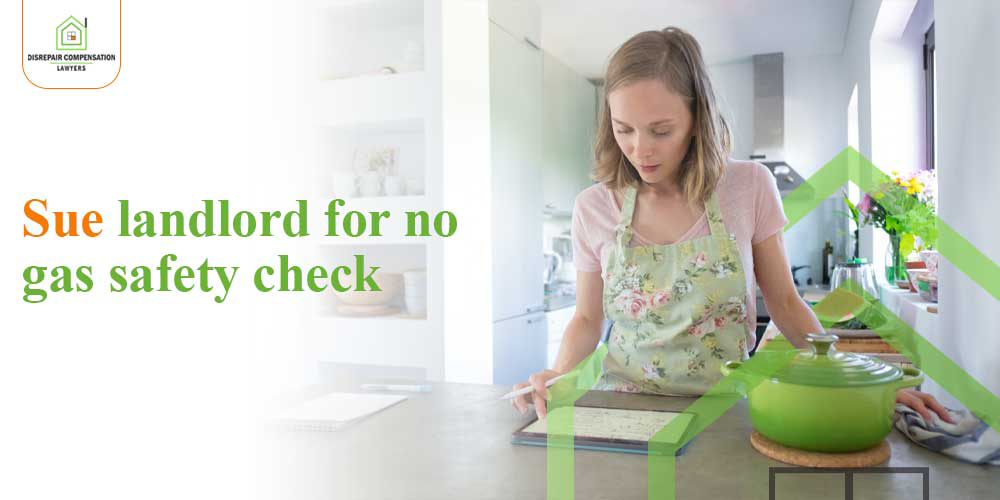Housing is a fundamental human right, but for people with mental health problems, it can be challenging to find and maintain safe and stable housing. The condition of a person’s home can have a significant impact on their mental health, and conversely, mental health problems can make it difficult for people to take care of their homes. This article will discuss the housing rights of people with mental health problems, including their rights to repairs, protection from eviction, and access to specialist accommodation. We will also provide information on what to do if you are facing homelessness or sleeping rough and have a mental health problem.
The poor condition of my rental home affects my mental health
If you have a mental health problem, the condition of your home can have a significant impact on your well-being. For example, living in a damp or mouldy home can worsen symptoms of depression and anxiety. Similarly, living in a noisy or chaotic environment can make it difficult to concentrate and relax. If the condition of your home is making your mental health problem worse, you may be wondering what your landlord is legally required to fix.
What is my landlord legally required to fix?
Your landlord is legally required to maintain the property in a habitable condition. This means they must repair any defects that could pose a health or safety hazard to you or your family. Some examples of repairs that your landlord may be responsible for include:
- Repairing leaks in the roof or walls
- Fixing broken windows or doors
- Ensuring that the property is free from pests
- Providing adequate heating and hot water
- Maintaining the electrical and plumbing systems
- Making sure that the property is structurally sound
You can contact your local housing authority if your landlord is responsible for a particular repair.
How can my landlord fulfill their legal obligations to repair my house?
If your landlord is not making repairs that they are legally required to make, you can take the following steps:
- Send your landlord a written notice describing the repairs that must be made. Be sure to keep a copy of the notice for your records.
- If your landlord does not respond to your notice, you can file a complaint with your local housing authority. The housing authority will investigate your complaint and may order your landlord to make the repairs.
- If your landlord still does not make the repairs, you may be able to withhold rent. However, you should only do this as a last resort, as it could damage your relationship with your landlord.
Can I withhold rent if my landlord does not make repairs?
In most states, you can withhold rent if your landlord does not make repairs that they are legally required to make. However, you should only do this as a last resort, as it could damage your relationship with your landlord. Before you withhold rent, you should:
- Ensure you have sent your landlord a written notice describing the repairs that need to be made.
- File a complaint with your local housing authority.
- Get legal advice from a housing attorney.
What if my landlord retaliates against me for requesting repairs?
Your landlord is not allowed to retaliate against you for requesting repairs. If your landlord does retaliate against you, you can take the following steps:
- File a complaint with your local housing authority.
- Contact the police.
- Get legal advice from a housing attorney.
What if I didn’t take care of the house because I was having a mental health issue?
If you have not taken care of the property because of your mental health problem, you may still have rights and options. Your landlord is still responsible for making repairs necessary to maintain the property in a habitable condition, regardless of the property’s condition. However, you may be responsible for damages that you have caused to the property due to your mental health problem.
If you cannot pay for repairs you are responsible for, you can get help from a government agency or a non-profit organisation. Some programs can help you find affordable housing if you are homeless or at risk of homelessness.
If you are facing eviction because of issues relating to your mental health problem, you may have additional rights and protections. In some cases, it may be illegal for your landlord to evict you because of your mental health problem. You should talk to a lawyer or a housing advocate to learn more about your rights and options.
If you are experiencing a mental health crisis and need immediate help, you can call the National Suicide Prevention Lifeline at 0800 689 5652. You can also text HOME to 741741 to reach the Crisis Text Line.
I’m facing eviction because of issues relating to my mental health problem
In the UK, the Equality Act 2010 protects people with disabilities from discrimination. Suppose you have a mental health problem that is considered a disability under the Equality Act 2010. In that case, you may have a defense against eviction if your landlord is evicting you because of your mental health problem.
To establish that you have a disability under the Equality Act 2010, you will need to show that:
- You have a physical or mental impairment that has a substantial and long-term adverse effect on your ability to carry out normal day-to-day activities.
- The impairment is present and has persisted for at least 12 months or is likely to persist for at least 12 months.
- The impairment is a result of your mental health problem.
If you show a disability under the Equality Act 2010, your landlord may be required to make reasonable adjustments to accommodate your disability. This could include allowing you to keep your pet in your rental unit, even if pets usually are not allowed.
If your landlord is evicting you because of your mental health problem and you believe that you have a defense against eviction, you should talk to a lawyer or a housing advocate. They can help you understand your rights and options and represent you in court if necessary.
Specialist Accommodation for Mental Health Needs
If you need specialist accommodation due to your mental health problem, there are several options available to you:
Community Mental Health Team (CMHT)
- Offers a range of services, including assessment, treatment, and support.
- Assists in finding suitable specialist accommodation.
Mental Health Charities and Organisations
- Provide support and advice.
- Help in locating appropriate accommodation
Supported Housing
- Designed specifically for people with mental health problems.
- Provides a safe and supportive environment.
- Helps develop skills for independent living.
Council or Housing Association:
- May offer various types of accommodation, such as sheltered housing, hostels, and flats.
- Assistance for those who are homeless or at risk of homelessness.
- Can provide temporary or help in finding permanent housing.
Suffering from a mental health issue and homeless or rough-sleeping
If you are homeless or sleeping rough and you have a mental health problem, there are a number of organisations that can help you. These organisations can provide you with shelter, food, and other necessities, as well as mental health treatment and support. Some of the organisations that can help you include:
- The National Alliance on Mental Illness (NAMI): NAMI is a nationwide organisation that provides support and resources to people with mental illness and their families. NAMI can help you find housing, food, other necessities, and mental health treatment and support.
- The Mental Health Association (MHA): MHA is a nationwide organisation that provides support and resources to people with mental illness and their families. MHA can help you find housing, food, other necessities, and mental health treatment and support.
- The National Coalition for the Homeless (NCH): NCH is a nationwide organisation that advocates for the rights of people who are homeless. NCH can help you find housing, food, other necessities, and mental health treatment and support.
- The Salvation Army: The Salvation Army is a nationwide organisation that provides various services to people in need, including the homeless and people with mental illness. The Salvation Army can help you find housing, food, other necessities, mental health treatment and support.
- Local mental health centers: Local mental health centers provide a variety of services to people with mental illness, including housing, food, and other basic necessities, as well as mental health treatment and support.
If you are homeless or sleeping rough and you have a mental health problem, please reach out to one of these organisations for help. Help is available; you don’t have to go through this alone.







